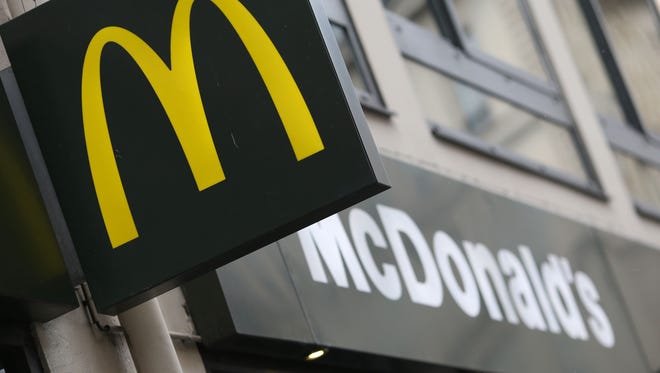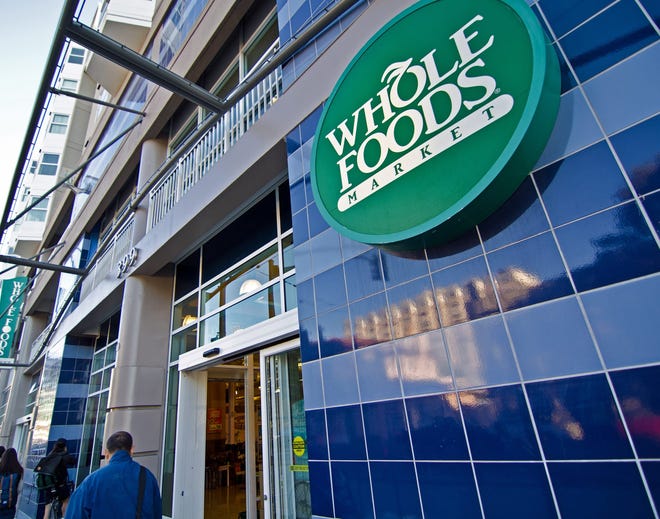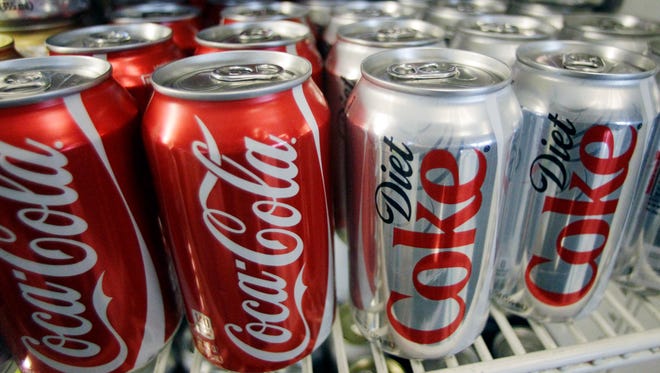
Companies have been raising prices in response to inflation. So far, consumers have largely been willing to put up with it.
Chipotle saw traffic increase in the first quarter even as menu prices rose 10% year-over-year. PepsiCo saw a 10% bump in revenue despite price hikes. And Proctor & Gamble last week reported a jump in sales despite a 10% quarterly price increase.
Though some shoppers are cutting back or opting for cheaper alternatives, “you just have not yet seen this real cliff where demand has just completely dropped off,” said Bank of America analyst Bryan Spillane. “There really hasn’t been as material a negative impact on (sales) volume as people thought.”
But there is good news for shoppers; as inflation plateaus and consumers show signs of resistance, a number of companies say they will stop or slow the rate of price increases.
Price hike resistance
Despite the strong earnings in the first quarter, some companies are seeing signs of pushback against higher prices.

McDonald’s CEO Chris Kempczinski said Tuesday that the fast food franchise is “starting to encounter some more resistance” to pricing in certain areas. He said there has been a “slight decrease” in the number of units sold per transaction as more customers hold off on adding items like fries to their order.
Despite the resistance, the company’s same-store sales last quarter were up by more than 12% year-over-year.
Ravi Dhar, the director of the Yale Center for Customer Insights, said consumers are “certainly tapping out” but their spending habit changes won’t hit all companies the same way. Some families, for instance, may cut back on spending at full-service restaurants but spend more at restaurants like McDonald’s.
Certain grocers like Whole Foods and Walmart have also started to push back against higher prices from suppliers, according to reporting from The Wall Street Journal and Reuters.

“While the supply chain issues have largely abated, prices are still high and there is considerable pressure on the consumer,” Walmart CFO John David Rainey said during a February earnings call.
The grocers did not respond to requests for comment.
When will companies stop raising prices?
Some companies have announced plans to slow or stop price hikes as inflation cools.
Coca-Cola expects to slow price increases this year. Conagra, known for brands like Birds Eye, Slim Jim and Reddi Wip, said in January that it was done raising prices for now. And Chipotle’s CEO told CNBC earlier this week that the restaurant chain plans to pause price hikes.

More companies could follow suit, especially if the labor market’s resiliency starts to crumble, according to Matt Kramer, national sector leader of consumer and retail for KPMG.
Though the strong labor market has helped support consumer spending, Silicon Valley Bank’s collapse could weaken employment growth. The latest jobs report from the Labor Department showed job growth slowed in March as higher interest rates and inflation appeared to take a toll, although experts say the market remains strong.
“The question is: When do (companies) start to say, across the board, ‘We’re not increasing prices?’” Kramer said. “It’s a tough cycle to navigate. I do think we’re not at the brick wall yet, but we’re approaching it.”
So does that mean prices eventually will drop?
Not necessarily, according to Spillane said.
“We’re not in the camp that you’re going to see like a big reversion, like big price cuts. But we do think you’ll see the rate of these increases moderating and, in some categories, maybe begin to see some promotions come back.”
Dig deeper:
You can follow USA TODAY reporter Bailey Schulz on Twitter @bailey_schulz and subscribe to our free Daily Money newsletter here for personal finance tips and business news every Monday through Friday.






